Which agency verifies the time?
Regarding the Ministry of Industry and Trade's request for Vietnam Electricity Group (EVN) to assess the impact of the plan proposed by EVN on solar and wind power projects facing difficulties and obstacles according to Resolution No. 233/NQ-CP dated December 10, 2024 of the Government, EVN said that the enterprise does not have enough information to assess the overall impact on the socio-economy and the impact on the domestic and international investment environment because this is a macro issue, requiring assessment support from higher levels of state management.
At the same time, EVN also requested the Ministry of Industry and Trade to review and coordinate with relevant ministries to make a comprehensive assessment of the socio-economic impacts, risks of domestic and international lawsuits, and impacts on the investment environment for the plan proposed by EVN, thereby deciding on the optimal plan to direct and guide EVN to implement.
This is one of two recommendations of EVN in a recent report sent to the Ministry of Industry and Trade .
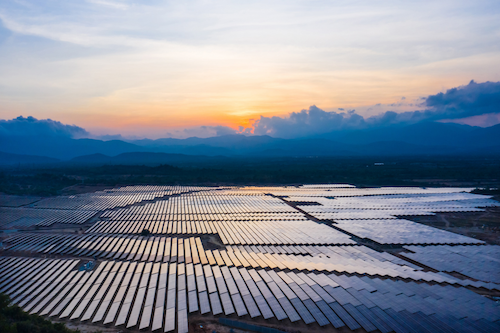 |
| Many investors said they had sent documents requesting the state management agency to inspect the acceptance work before the COD date, but in the end, the inspection report was issued after the COD date and not within the prescribed time to enjoy the corresponding FIT price. |
In the second recommendation, 39 factories/parts of factories (out of a total of 159 factories/parts of factories with written acceptance of the results of the acceptance test after the commercial operation date - COD) notified the Electricity Trading Company (EPTC) that they had sent a document/report requesting the state management agency to inspect the acceptance work before the COD date (of which 21 factories/parts of factories sent an official document to EPTC with documents via post and 18 factories/parts of factories sent documents to EPTC via email, zalo...).
However, due to objective reasons such as the Covid pandemic... the Ministry of Industry and Trade/Department of Industry and Trade could not conduct the inspection, resulting in the document approving the acceptance results being issued after the COD date.
EVN also said that the Group does not have the conditions to verify the accuracy of the above information because it is not the unit that receives the documents of the investor at the time of proposing/reporting to the State management agency requesting to inspect the acceptance work.
Therefore, EVN has proposed that the Ministry of Industry and Trade direct specialized management agencies on construction of the electricity industry (Electricity Department/Department of Industry and Trade) to review, verify and guide EVN on how to handle these factories/parts of factories.
Investors fear not being treated fairly
EVN also said that, according to the investors, at the time the projects were recognized as COD, current regulations did not require the acceptance test results (KQNT) document from the competent state agency as a condition for COD.
Therefore, the investors said that not having a document approving the construction results was a violation of construction law and they had corrected the violation and were fined for the administrative violation.
At the same time, there is currently no regulation or conclusion from the State Management Agency that without the written approval of the KQNT at the time of COD, the electricity price is not entitled to the FIT price according to regulations and must be adjusted.
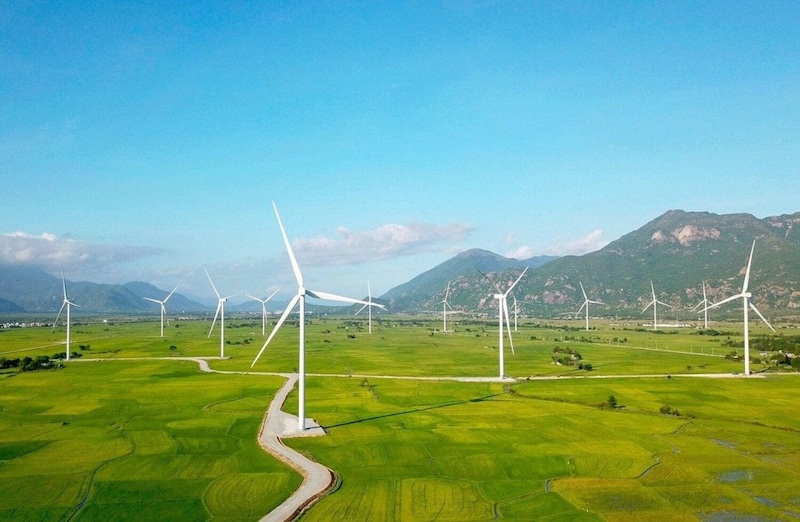 |
| Many investors in renewable energy projects have requested to publicize information on traditional power projects that conduct acceptance inspections before the COD date because they are concerned about unfair treatment. |
According to investors, Resolution No. 233/NQ-CP and Report No. 321/BC-BCT dated December 12, 2024 of the Ministry of Industry and Trade are not legal documents and cannot be used as a basis for implementation.
The arguments related to this legal basis were signed by investors in the meeting minutes with EPTC and raised in many petitions sent to the leaders of the Party, Government and the Ministry of Industry and Trade such as the letter from the Asian Development Bank (ADB), the letter from 28 domestic and foreign investors, the letter from the Korean Embassy, the letter from the Korean Business Association (KOCHAM), Sembcorp Group (Singapore), the Thai Business Association (ThaiCham) ...
Also to implement the principle of fair treatment, investors have requested transparency of information for power source and grid projects invested by EVN and other types of power plants regarding the date the investors of these projects receive the written approval of the EIA and the date of official operation/commercial operation recognition.
The reason is that investors have enough information and affirm that many traditional power projects do not carry out sufficient inspection of acceptance work before COD date, so they have expressed concern about being treated unfairly and harshly compared to other traditional power projects.
Long-term temporary payment makes it difficult for investors
According to investors, investment costs and related costs at the time of investment to enjoy FIT prices are very high, especially equipment costs, labor costs, site clearance compensation... Investors all use bank loans, including domestic and foreign banks.
Therefore, the temporary payment and revenue reduction as reported by EVN in document 2360 will greatly affect the project's finances, leading to a violation of the debt payment commitment with the bank, a violation of the commitment with shareholders and contractors. Thus, the risk of the bank recovering capital is inevitable, the investor loses all equity and falls into bankruptcy.
For investors who are joint stock companies listed on the stock exchange, this will seriously affect the market capitalization value and reputation of the enterprise.
Overall, if this situation continues or worsens, it could threaten the stability of domestic financial markets and undermine confidence in Vietnam's legal framework.
There is also the fact that when EVN makes provisional payments, the investor still issues invoices but does not receive full revenue and still has to fulfill its tax obligations to the state. Thus, the remaining revenue will not be enough to cover the costs of operating and maintaining the plant, leading to the risk of the plant ceasing operations.
According to calculations, with the current electricity price paid in the Power Purchase Agreement (PPA), the investor needs about 10 years to recover the capital. With the temporary payment proposal as proposed by EVN, the expected payback period is 20 years.
Not to mention, in the years of operation from 2019-2023, in reality, solar power plant investors had to cut their generating capacity significantly, leading to revenue not being enough to cover costs in the first years of operation.
These facts also show that there is no specific way out to completely resolve difficulties in renewable energy projects that do not have inspection and acceptance records from the State management agency at the time of enjoying the corresponding FIT price.
Source: https://baodautu.vn/du-an-nang-luong-tai-tao-vuong-mac-evn-de-nghi-bo-cong-thuong-danh-gia-tac-dong-tong-the-d291886.html








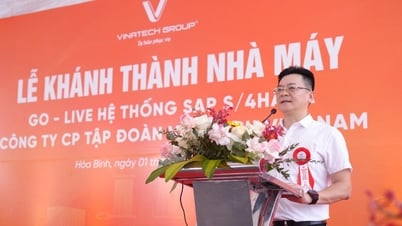



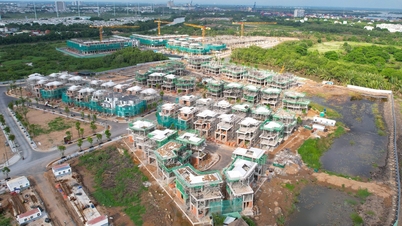

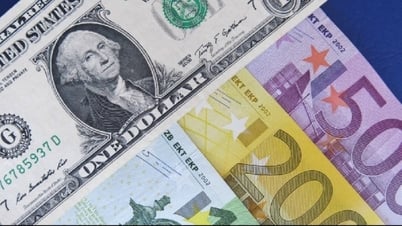











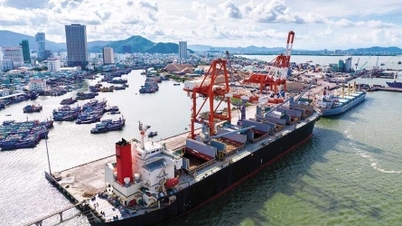
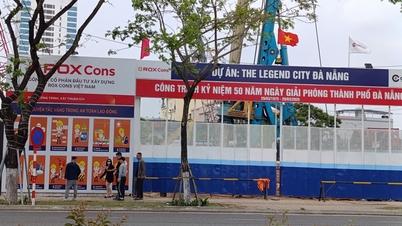






















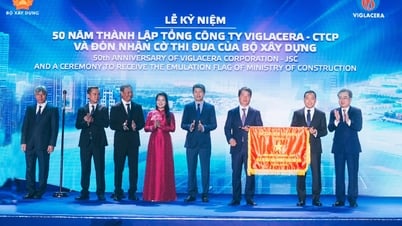

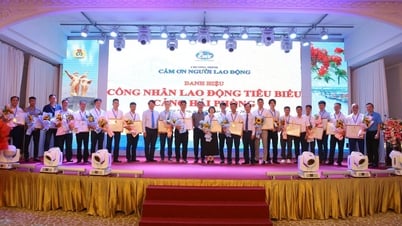
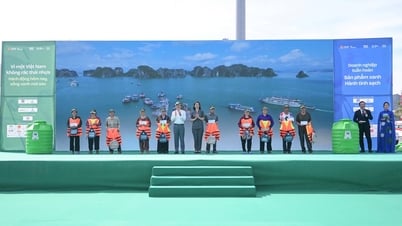







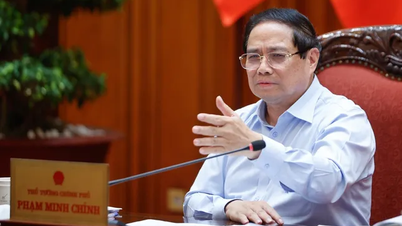


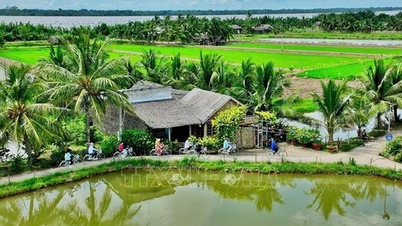


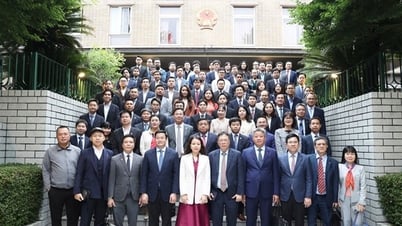

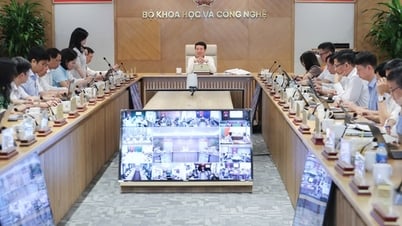
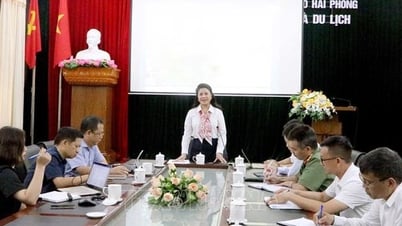
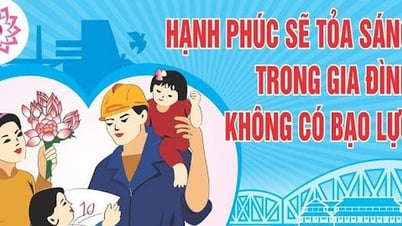
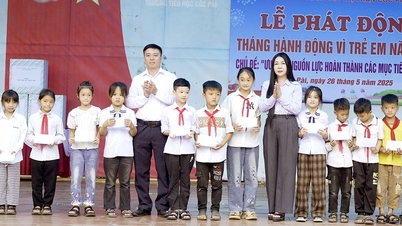


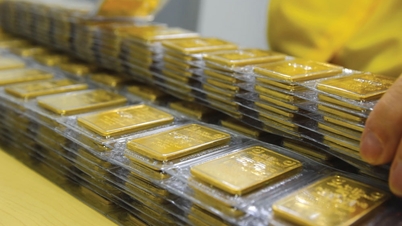

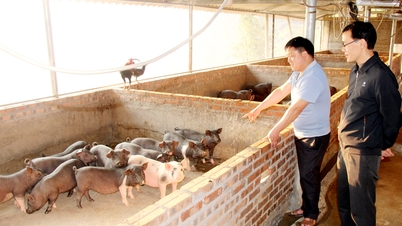
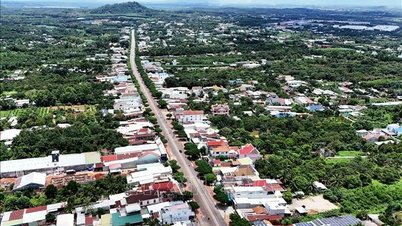



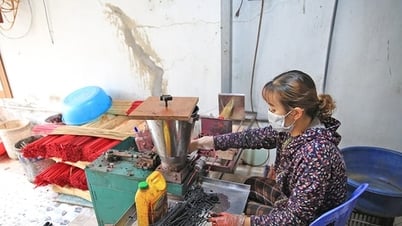











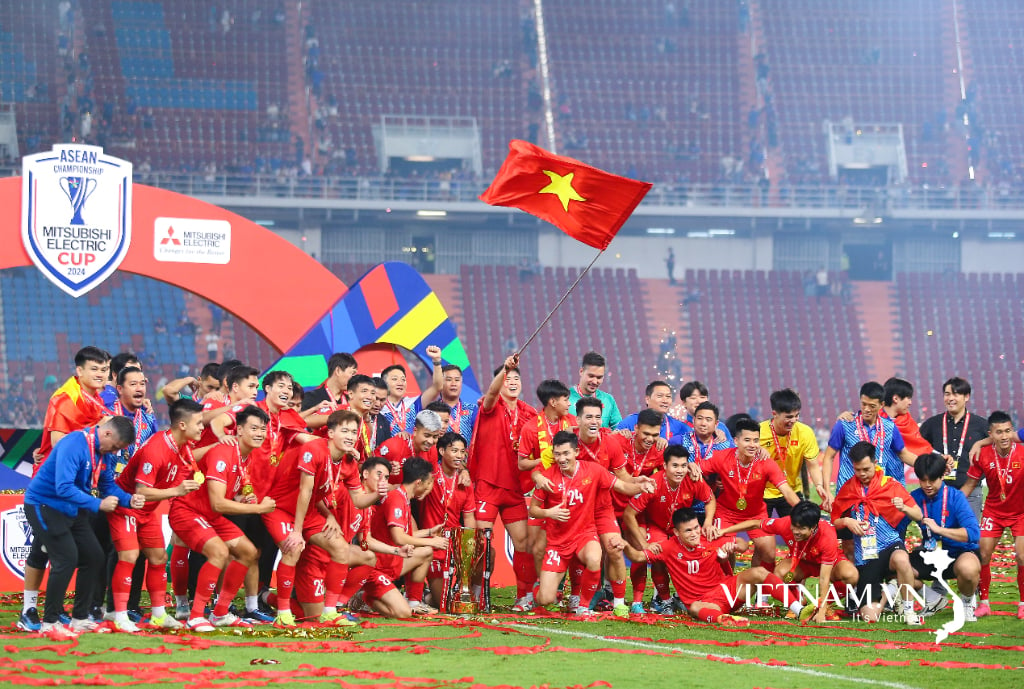
Comment (0)